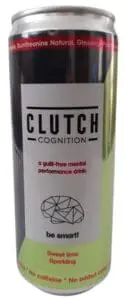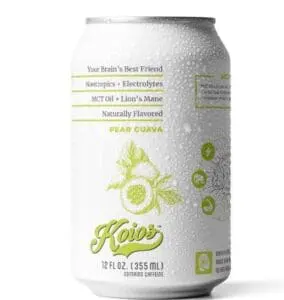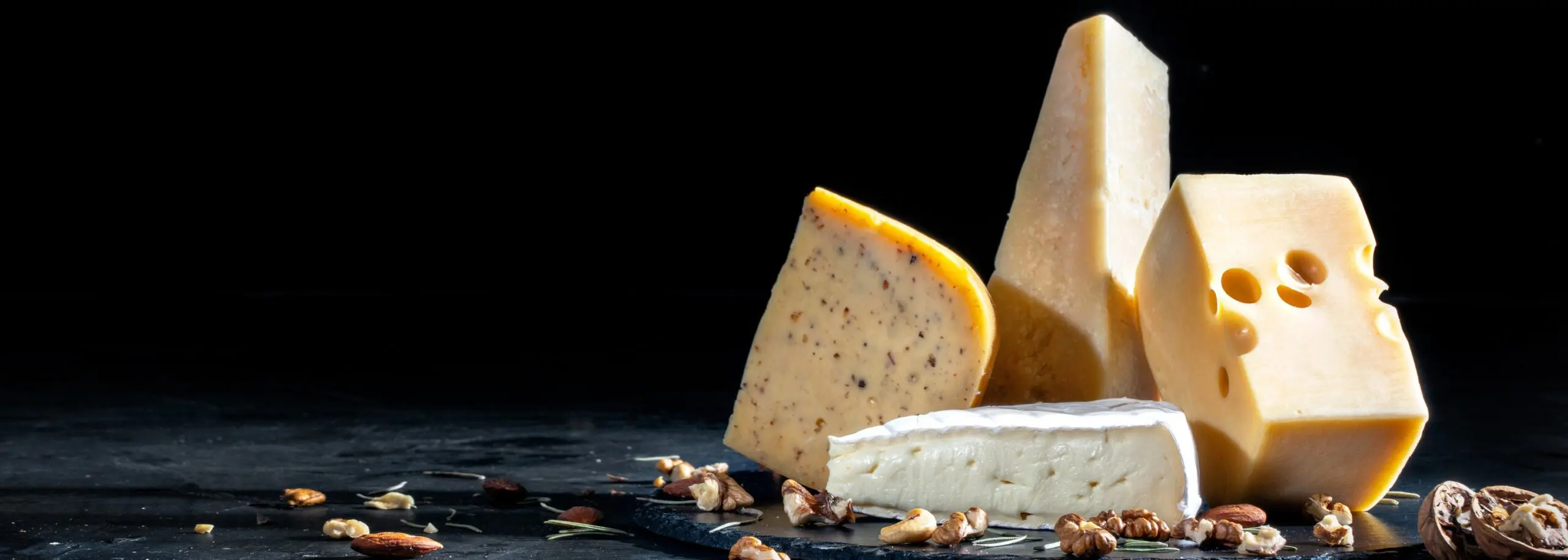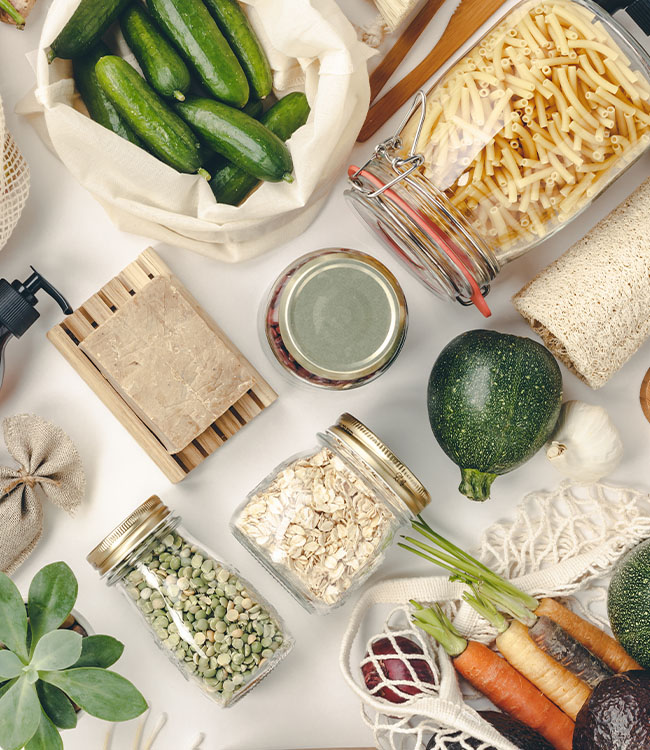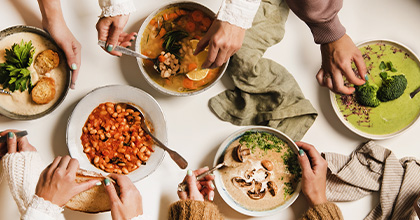Nootropics is a term derived from ancient Greek which describes substances or supplements which improve cognitive function, such as caffeine or L-Theanine. With almost a fifth of German consumers using functional food and drinks to maintain a healthy brain function, there is scope for drinks brands from a range of categories to explore the functionality of nootropics to support consumers in a cognitively more demanding world. While food brands are also starting to use nootropics, drinks are the obvious conduit for these functional ingredients as they can be digested more quickly than food.
The most popular nootropic substance used by drinks today is caffeine, which is proven to boost mental alertness. But there are a range of other nootropic ingredients such as ginseng or L-Theanine, which have the potential to enhance other important brain functions such as memory or creativity.
Use scientific-proven formulas
Nootropic drinks’ major challenge is educating consumers about what they are – and convincing people they work. In Germany, 2 out of 5 consumers don’t trust that functional food and drinks will deliver on their results. It is therefore paramount for brands to communicate the evidence for the efficacy of their nootropic ingredients in order to build trust. In particular, ingredients offering more robust scientific evidence can take the spotlight in formulas promising cognitive advantages.
Source: Mintel GNPD
Ginseng can mean enhanced mental performance
Clutch Cognition Sparkling Sweet Lime Flavoured Energy Drink is formulated with ingredients such as Sibelius sage, neuravena, natural suntheanine, ginseng, palatinose, fibre and vitamin C, said to contribute to a normal psychological function and counteract fatigue. Ginseng is the root of a plant used in TCM. Some studies suggest it enhances cognitive performance and lessens mental fatigue (Denmark).
Use caffeine in small doses
Caffeine is the most widely used nootropic in drinks – and for good reason. Caffeine is proven to boost alertness which helps many people keep up in the ‘information age’. But using caffeine in drinks creates as many problems as solutions for mentally tired users. Too much caffeine leads to anxiety and sleep issues, factors which reduce brain function. And caffeine is not proven to help key brain functions beyond focus, like creativity.
One answer is combining smaller doses of caffeine with nootropics that target different cognitive areas for a more ‘360 degree’ brain boost. Many nootropics claim to elicit long-term effects but these may feel too subtle to drinkers without caffeine’s more overt short-term kick.
Source: @ koiosbeveragecorp
A soda to ‘supercharge your brain’s cells’
One new entrant to nootropic drinks is Koios, which is now listed in Walmart and is described as a ‘product that uses natural ingredients, backed by science’ which is ‘designed to support your most important assets: your brain and body’ (US).
What we think
As functional drinks gain in popularity, drink brands and producers can tap into this opportunity by researching and innovating in cognitive-enhancing drinks. Confronted with new digital developments and remote working, consumers find themselves in a more cognitively demanding world, which in return will boost this functional area in food and drink. But producers should combine new, lesser known nootropic ingredients with the more familiar caffeine so consumers feel both reassured and a discernible effect after drinking.
